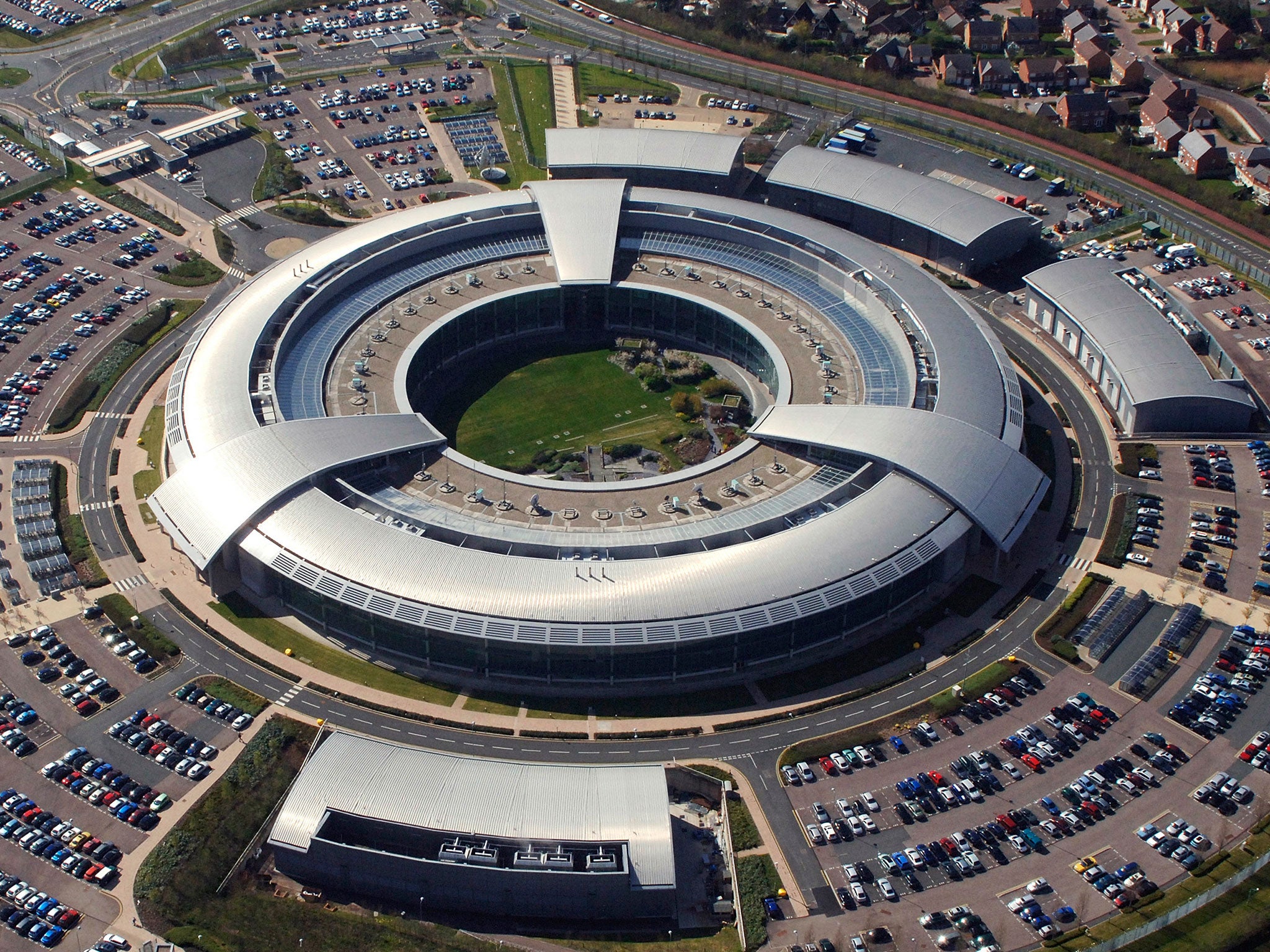UK democracy undermined by police power to snoop, say MPs
Terror laws let police scrutinise 500,000 requests

Secretive snooping powers that have been used by police to blow the cover of whistleblowers are “not fit for purpose”, MPs warn today amid serious concerns about the use of surveillance in the UK.
British democracy is being undermined by the abuse of terror laws which saw the police sign off more than 500,000 requests last year to retrieve communications data, says the influential Home Affairs committee.
The current powers, which have also been exploited by councils to spy on ordinary citizens, must be overhauled urgently, the MPs argue in a report published just hours after judges ruled that GCHQ’s current system of intelligence collection is lawful.
Police used the powers to trawl through journalists’ phone data and identified sources for stories that exposed disgraced former ministers Chris Huhne and Andrew Mitchell as liars.
One of the sources – former judge Constance Briscoe – was herself later jailed after lying to police about her contacts with the media, but a former policeman faced no criminal charges despite being sacked after telling The Sun about Mr Mitchell’s “pleb” rant at fellow officers in Downing Street.
Police are allowed to retrieve communications data – which includes phone logs but not the contents of the calls – without the need to go to court on the say-so of a senior officer, under the 2000 Regulation of Investigatory Powers Act (RIPA).
Last year, police signed off on more than 450,000 requests, and the intelligence services more than 50,000, to get communications data but the parliamentary committee slated “lamentably poor” record-keeping, with just 12 staff employed to scrutinise the requests.
Immigration and Security Minister James Brokenshire said: “There are measures… to ensure that police powers to access this data are not abused. We have also been working to strengthen the relevant code to ensure extra consideration should be given to a communications data request involving those in sensitive professions, such as journalists.”
Join our commenting forum
Join thought-provoking conversations, follow other Independent readers and see their replies
Comments
Bookmark popover
Removed from bookmarks